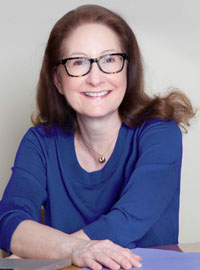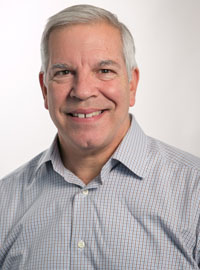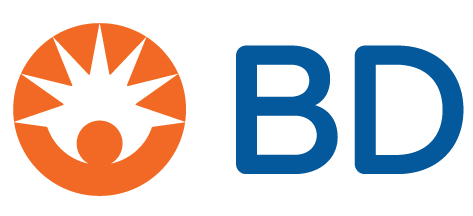Code of Conduct
Expected Behavior
- Be considerate of those around you.
- Be respectful of others and viewpoints that may be different from your own.
- Be mindful of your words and actions.
Unacceptable Behavior
- Visual harassment, such as sexual images or sexual language, including presentations and slide decks.
- Intimidating, harassing, abusive, discriminatory, derogatory or demeaning speech or actions by any participant, including online communications, carried out in the context of an ASCLS event or auxiliary events.
- Harmful or prejudicial verbal or written comments or visual images related to gender, sexual orientation, race, religion, disability, age, appearance, or any other personal characteristic;
- Inappropriate or gratuitous use of nudity, sexual images, or stereotyped images in public spaces (including presentation slides).
- Deliberate intimidation, stalking or following a person online.
- Harassing photography or recording.
- Sustained disruption of talks or other events.
- Unwelcome and uninvited attention or contact in person or online, including unwelcome touching or groping.
- Real or implied threat of physical harm or of professional or financial damage or harm.
- Any other illegal activity not already covered above.
Consequences of Unacceptable Behavior
Anyone subject to witness to someone else being subjected to behavior that violates this Code of Conduct may report their concerns to any member of the ASCLS Staff or ASCLS elected Officer. All complaints will be treated seriously and responded to promptly. All reports are kept confidential to the extent possible. Staff and Officers will take steps to assist the targets and witnesses of Code of Conduct violations to feel safe for the duration of the event. These may include providing an escort, finding accommodation at a different hotel, or changing travel plans. Staff will NOT contact venue security or local law enforcement unless requested to do so by the target of the Code of Conduct violation or if the conduct is illegal per se.
Participants accused of violating this Code of Conduct may appeal the application of any consequences to the ASCLS Board of Directors via notification to the ASCLS President. Where appropriate, the ASCLS President may engage the ASCLS Judicial Committee. Grievances will be handled in accordance with current ASCLS policies


 Patrick R Murray, PhD
Patrick R Murray, PhD